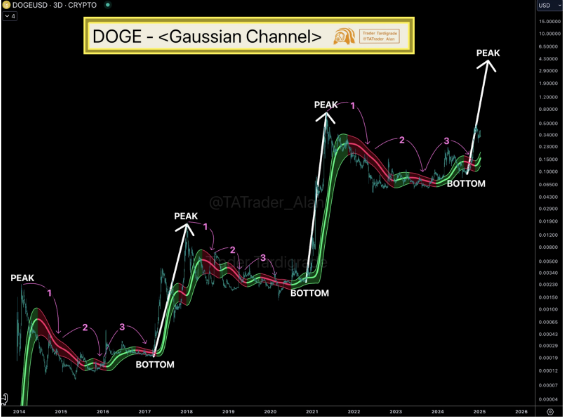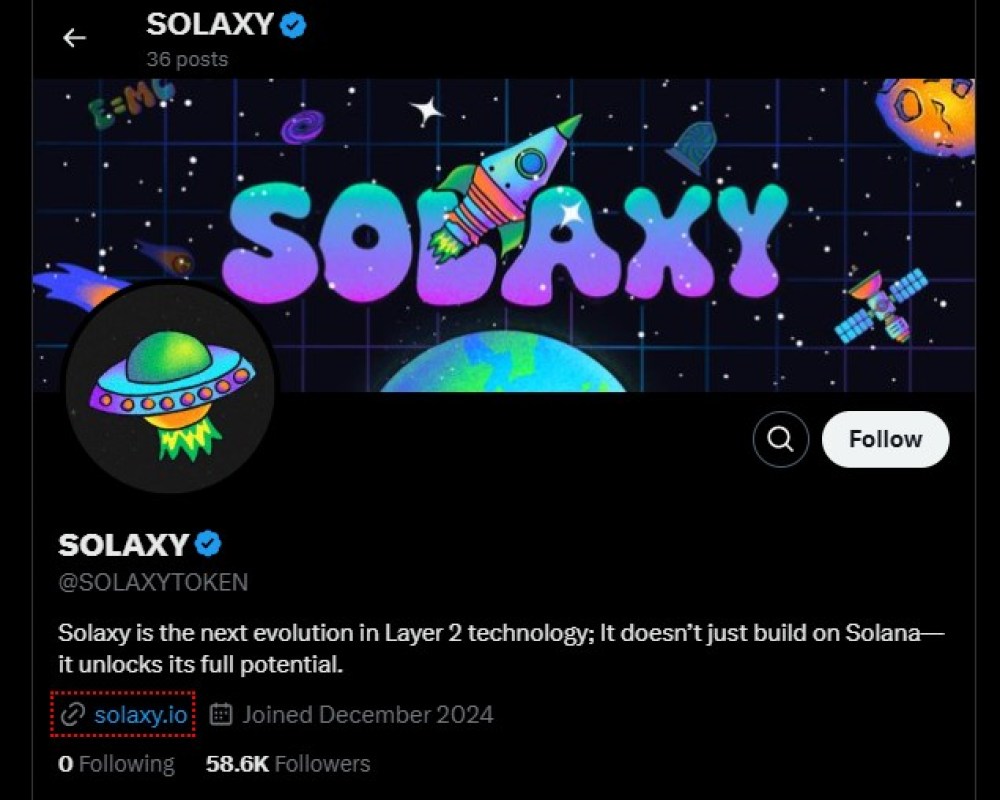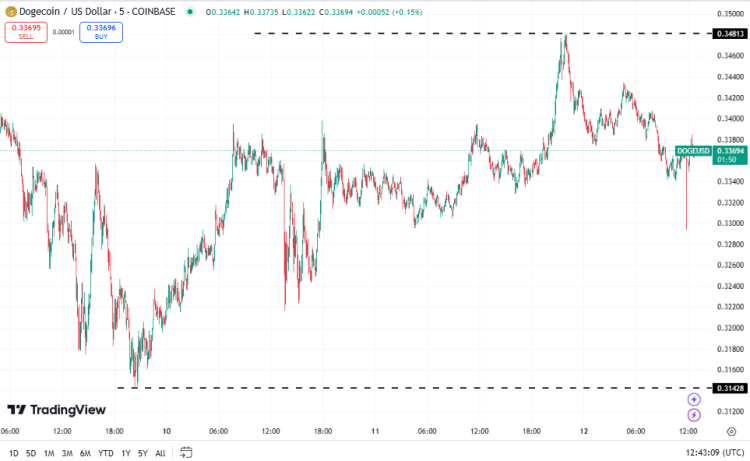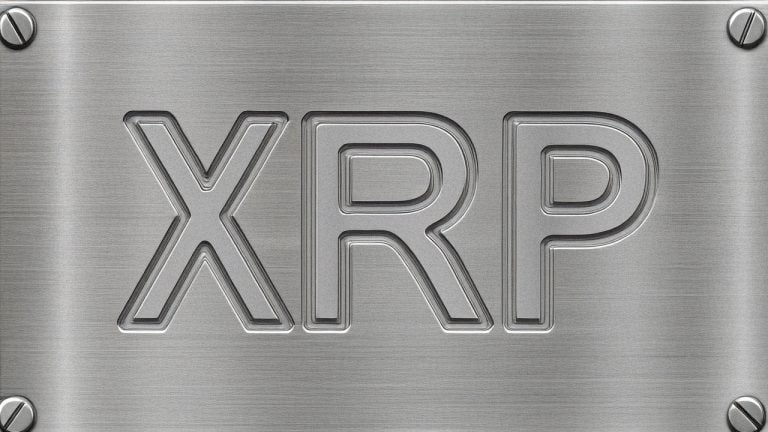<p>Smart contracts
are programs that run on their own and can be executed on a blockchain. These
contracts are intended to automate the execution of contractual agreements, and
their application cases are rapidly expanding. </p><p>This article
will look at the applications and limitations of smart contracts on the
Ethereum blockchain. </p><p>What
Is Ethereum?</p><p>Ethereum is a
blockchain-based platform on which developers can create decentralized
applications (DApps). It is a decentralized, open-source platform for
developing smart contracts and other blockchain-based applications. </p><p>The Ethereum
blockchain enables code execution in a trustless, decentralized environment. </p><p>What
Are Smart Contracts?</p><p>Smart contracts
are computer programs that operate on a blockchain like Ethereum. They are
intended to automatically carry out the terms of an agreement without the use
of intermediaries. </p><p>Smart contracts
are secure, transparent, and immutable, making them an excellent solution for a
wide range of business applications. </p><p>Smart
Contract Use Cases on Ethereum</p><p>Supply
Chain Administration</p><p>Smart contracts
can be used to manage supply chains by automating product tracking and
verification as it moves through the chain. The movement of products can be
tracked transparently using smart contracts, and the authenticity of products
can be verified at each stage of the supply chain. </p><p>Services
in Finance</p><p>Smart contracts
have the potential to be used in financial services, such as insurance and lending.
Smart contracts can be used to automate claim and loan processing, reducing the
time and cost associated with these processes. </p><p>Property
Management</p><p>Smart contracts
can be used to automate the buying and selling of property in the real estate
industry. Smart contracts can be used to manage the transfer of ownership, the
transfer of funds, and other real estate transaction processes. </p><p>Gaming</p><p>In the gaming
industry, smart contracts can be used to provide transparency and fairness in
online gaming. Smart contracts can be used to manage <a href="https://www.financemagnates.com/cryptocurrency/nfts-rentals-may-be-the-future-of-online-trading/" target="_blank" rel="follow">gaming assets </a>and enforce
game rules. </p><p>Switching
Tokens</p><p>A simple and
one of the most common use cases for smart contracts is token switching. </p><p>Smart contracts
allow users to create liquidity pools with token pairs. Subsequently,
investors can use them to switch one token for another. The standard way of
operations is that as one begins to increase in terms of volume, the price of
the other token will follow. This is done as a way of stabilizing the pool’s
value. </p><p>Token switching
is a valuable tool for day traders who want to gain access to a coin or token
which isn’t available on their exchanges of choice.</p><p>Flash
Loans</p><p>With flash loan
technology, investors can instantly borrow and speculate on token prices. In
fact, the key feature of a flash loan is that whoever is borrowing, returns
that very same amount and the loan fees in under a minute or one block
transaction (however, smart contracts can have different time frames coded in).</p><p>By using this
technology, investors found a rather unique way of playing the crypto markets
as they can speculate by buying a coin in their preferred platforms and selling it
on a different one. If everything runs its course, day traders can effectively
pocket the difference and thus profit, or even use a trading bot to do so.</p><p>While becoming
rarer, flash loans are still a great tool in the crypto universe. </p><p>Applications
That Are Decentralized</p><p>On the Ethereum
blockchain, smart contracts can be used to create decentralized applications
(DApps). These applications can be used to automate a variety of business
processes, including supply chain management and financial services. </p><p>Ethereum
Smart Contracts Have Limitations</p><p>Complexity</p><p>Smart contracts
can be complex and difficult to write. Even experienced developers can struggle
to write smart contracts that are secure and free of bugs. This complexity can
lead to errors that attackers can exploit. </p><p>Immutability</p><p>Smart contracts
on the Ethereum blockchain are immutable, which means they cannot be changed
once they are deployed. This can be a limitation if the smart contract contains
a bug or vulnerability. If a bug is discovered after the smart contract has
been deployed, it cannot be resolved without the creation of a new contract. </p><p>Cost</p><p>The deployment
and execution of smart contracts on the Ethereum blockchain can be costly. The
cost of deploying a smart contract is determined by the contract's complexity
and the current gas prices on the Ethereum network. </p><p>Scalability</p><p>Scalability
issues on the Ethereum blockchain may limit the number of smart contracts that
can be executed on the network. This can result in high transaction fees and
long processing times. </p><p>Legacy
System Integration</p><p>Smart contracts
may be difficult to integrate with legacy systems, limiting their adoption in
some industries. Businesses may need to modify their existing systems in order
to use smart contracts, which can be costly and time-consuming. </p><p>Conclusion</p><p>The Ethereum
blockchain's smart contracts are a powerful tool for automating business
processes, but they have limitations. Some of the limitations that businesses
must consider when using smart contracts are their complexity, immutability,
cost, scalability challenges, and integration with legacy systems. </p><p>Despite these
limitations, smart contract use cases on the Ethereum blockchain are expanding,
and the benefits of using smart contracts can outweigh their drawbacks. Some of
these limitations are likely to be addressed as the Ethereum network evolves
and improves. </p><p>For example,
Ethereum 2.0, which is currently being rolled out, aims to address the current
Ethereum network's scalability issues. </p><p>Finally, smart
contracts on the Ethereum blockchain have a diverse set of applications for
businesses looking to automate their processes. However, businesses must be
aware of smart contract limitations, such as their complexity, immutability,
cost, scalability issues, and integration with legacy systems. </p><p>Businesses can
make informed decisions about how to use this technology to improve their
operations by understanding the benefits and limitations of smart contracts on
the Ethereum blockchain.</p>
This article was written by Finance Magnates Staff at www.financemagnates.com.

You can get bonuses upto $100 FREE BONUS when you:
💰 Install these recommended apps:
💲 SocialGood - 100% Crypto Back on Everyday Shopping
💲 xPortal - The DeFi For The Next Billion
💲 CryptoTab Browser - Lightweight, fast, and ready to mine!
💰 Register on these recommended exchanges:
🟡 Binance🟡 Bitfinex🟡 Bitmart🟡 Bittrex🟡 Bitget
🟡 CoinEx🟡 Crypto.com🟡 Gate.io🟡 Huobi🟡 Kucoin.





















Comments